Text

Valerie and Her Week of Wonders (1970)
978 notes
·
View notes
Photo

Valerie and Her Week of Wonders | Jaromil Jires | 1970
Jaroslava Schallerová
1K notes
·
View notes
Photo

On this day, 9 March 1914, women battled police in Glasgow during Emmeline Pankhurst’s speaking tour of Scotland. The famous suffragette had been temporarily released from prison to nullify her hunger strike, but now the police sought to rearrest her so she would serve the remainder of her sentence. What they didn’t expect was an organised bodyguard. Pankhurst’s protectors had barbed wire concealed in flower bouquets and clubs concealed in dresses. Some had undertaken martial arts training, and they carried at least one gun. The Glasgow Herald reported that “Unparalleled scenes of disorder took place. The police stormed the platform and for several minutes a fierce struggle took place between them and Mrs Pankhurst’s supporters, several persons being injured. Flower pots and chairs were thrown at the constables, who were obliged to draw their batons. In the course of the mêlée the excitement was intensified by a woman firing several blank rounds from a revolver.” * We get no funding from any political parties, unions, organisations or corporations, and our work is funded entirely by our readers on listeners and patreon. So if you appreciate our content please consider supporting us and getting access to exclusive content and benefits at https://patreon.com/workingclasshistory Pictured: cartoon depicting a jiu-jitsu-trained suffragette https://www.facebook.com/workingclasshistory/photos/a.296224173896073/1937842539734220/?type=3
218 notes
·
View notes
Text

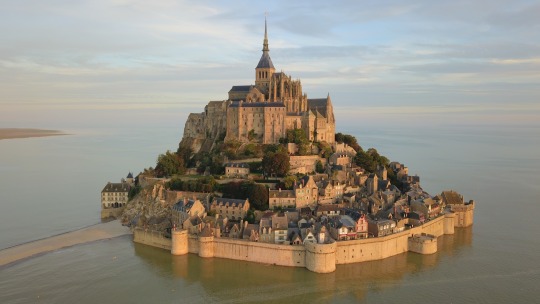
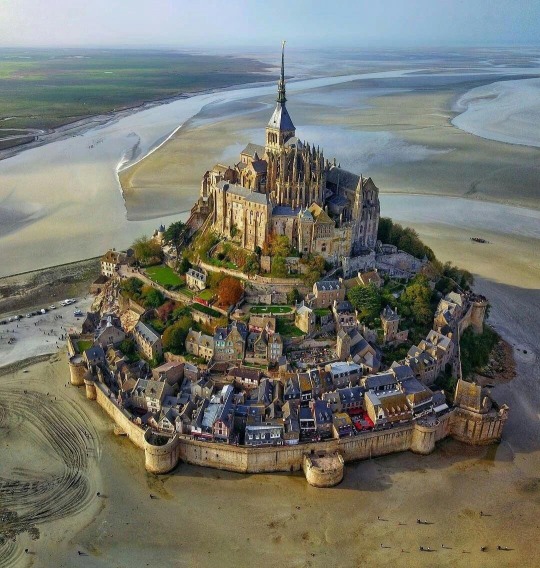
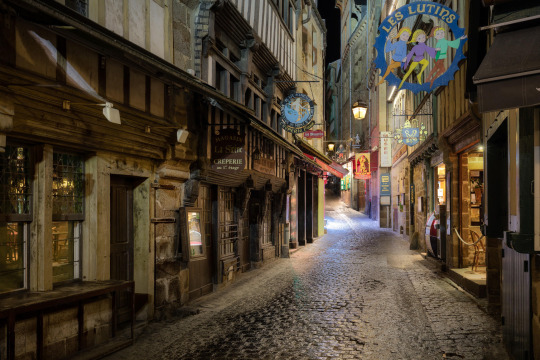
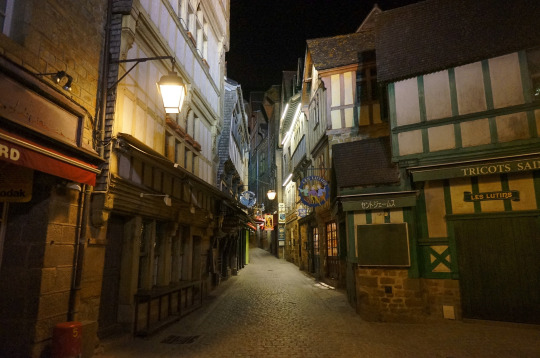
Medieval island: Le Mont-Saint-Michel in Normandy, France.
75K notes
·
View notes
Photo

Roman Mold-Blown Perfume Bottle, 3-4th century CE
3K notes
·
View notes
Photo
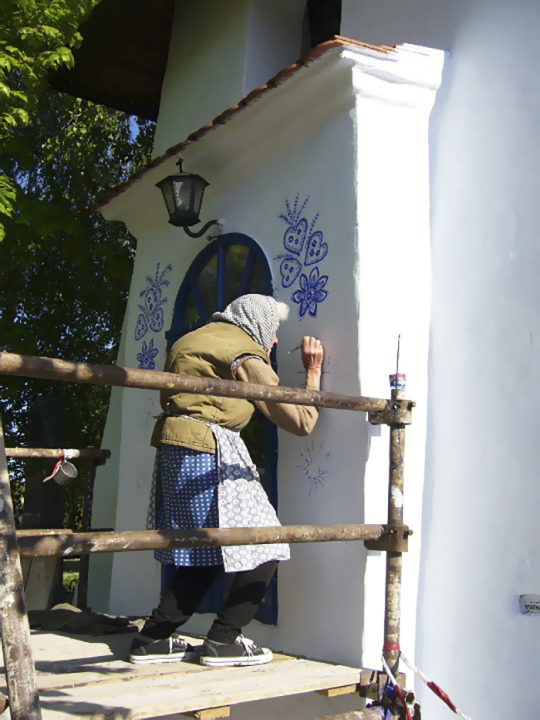
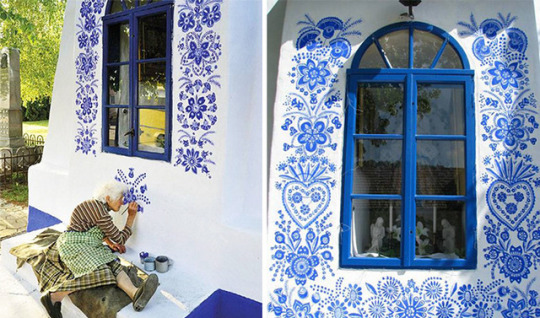

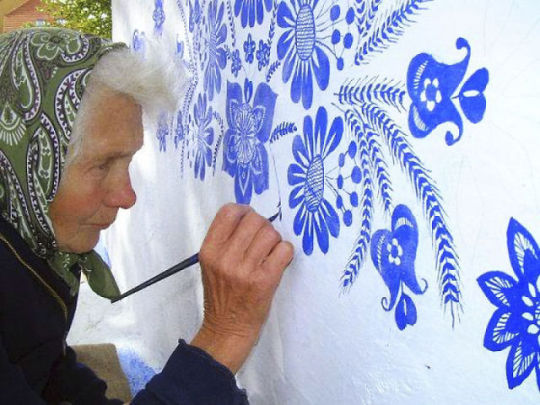
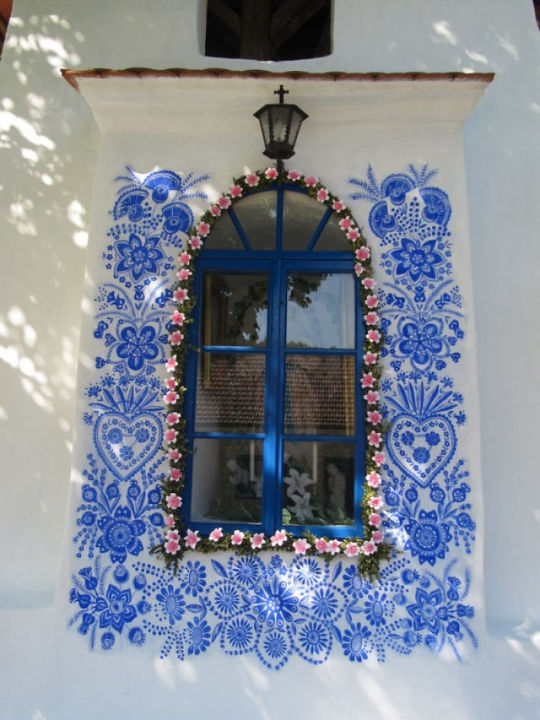
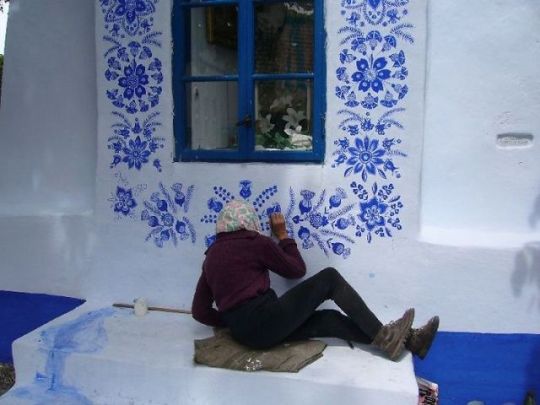
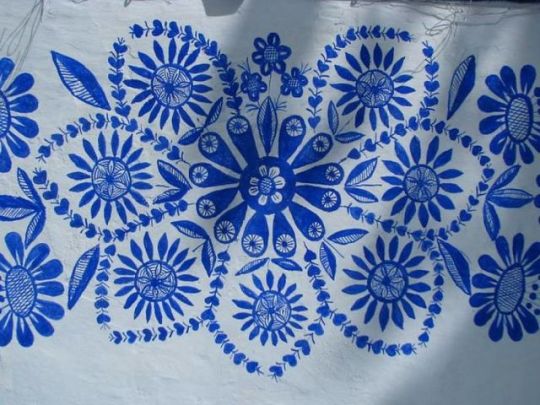
Anežka (Agnes) Kašpárková
(via 90-Year-Old Czech Grandma Turns Small Village Into Her Art Gallery By Hand-Painting Flowers On Its Houses | Bored Panda)
242K notes
·
View notes
Photo

St. Louis Post-Dispatch, Missouri, April 11, 1909
4K notes
·
View notes
Photo

On this day, 26 February 1906, orange carriers in the town of Cerbère, France, on the border with Spain went on strike, in the first recorded strike in the country by entirely women workers. Oranges at the time were the only luxury winter fruit in much of Europe, which arrived in France by train. They then had to be carried in bags of 15-20 kg by women workers onto other trains which would transport them elsewhere across the continent. The orange carriers had been promised a 25 centime pay increase in 1903, which had not materialised. So on February 26, they eventually decided to stop work, with 175 of the 190 workers joining the strike. The few scabs were unable to unload most of the trains, so traffic to the border was completely blocked by the action, and so employers agreed to implement pay increase after just 24-hours. In the wake of the victory, the women formed their own union, and continued to organise, winning other disputes later that year. * If you value our work researching and promoting history like this, consider joining us on patreon, where you can also access exclusive content and benefits: https://patreon.com/workingclasshistory https://www.facebook.com/workingclasshistory/photos/a.296224173896073/1929745233877284/?type=3
116 notes
·
View notes
Photo


Mexican artist Gabriel Dawe creates a rainbow sculpture woven from over sixty miles of colored thread.
(Artist)
191K notes
·
View notes
Photo




Emma Shawl by Elena Bojkova on Ravelry
214 notes
·
View notes
Text

SATURDAY REVIEW, February 21, 1953. Scrabble actually had been around since 1938, but only became popular after Selchow & Righter acquired the game in 1952.
20 notes
·
View notes
Text

Gold marriage ring, Byzantine Empire, 6th-7th century BC
from The Royal Ontario Museum
616 notes
·
View notes






